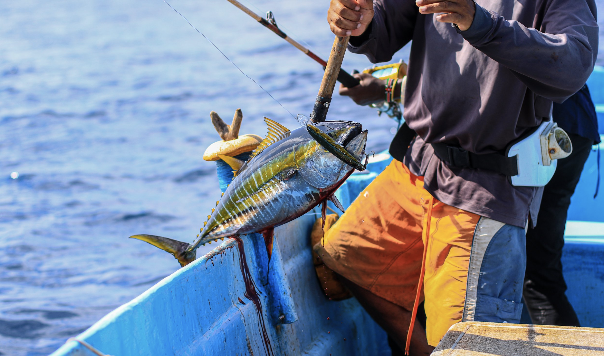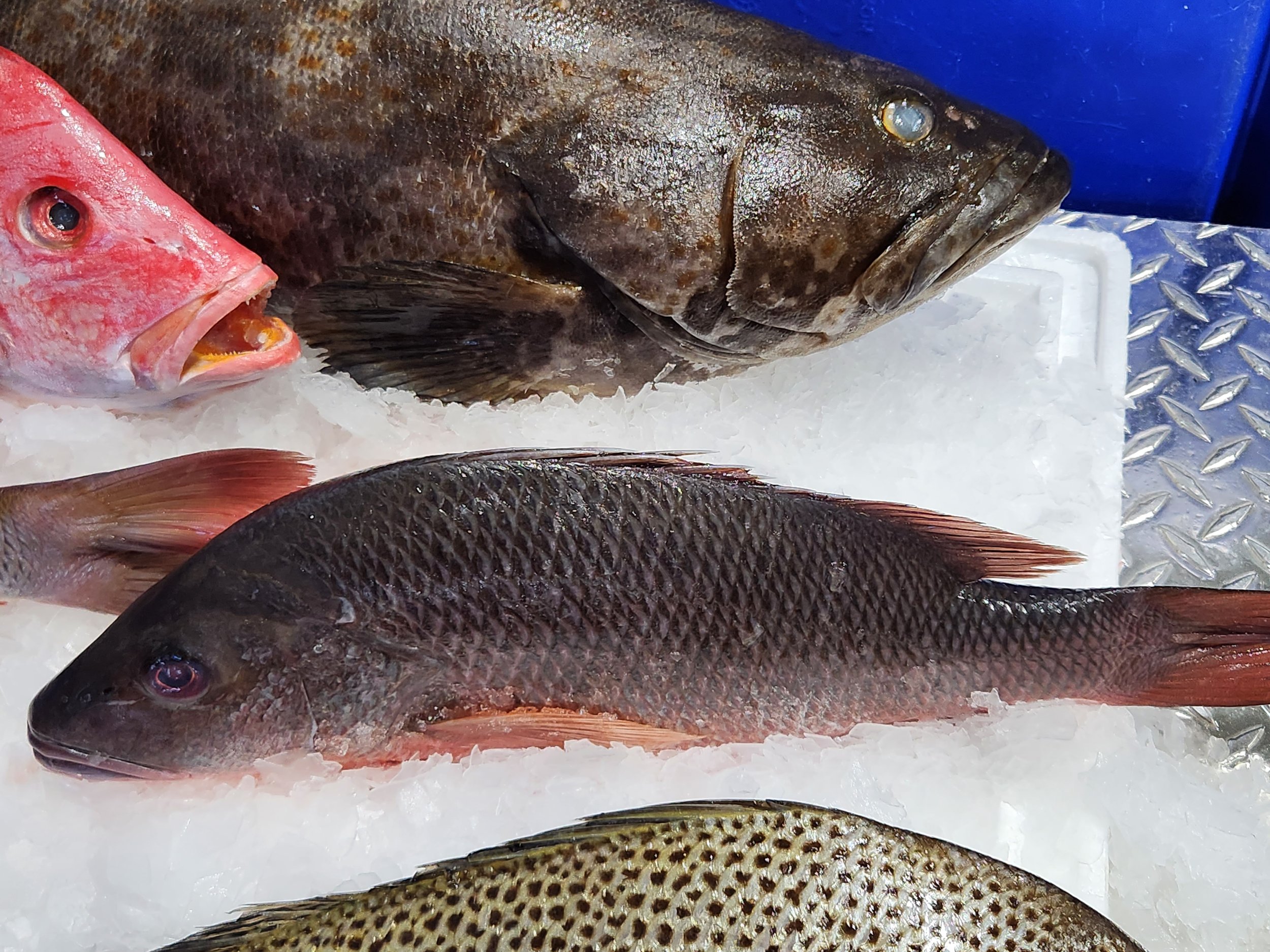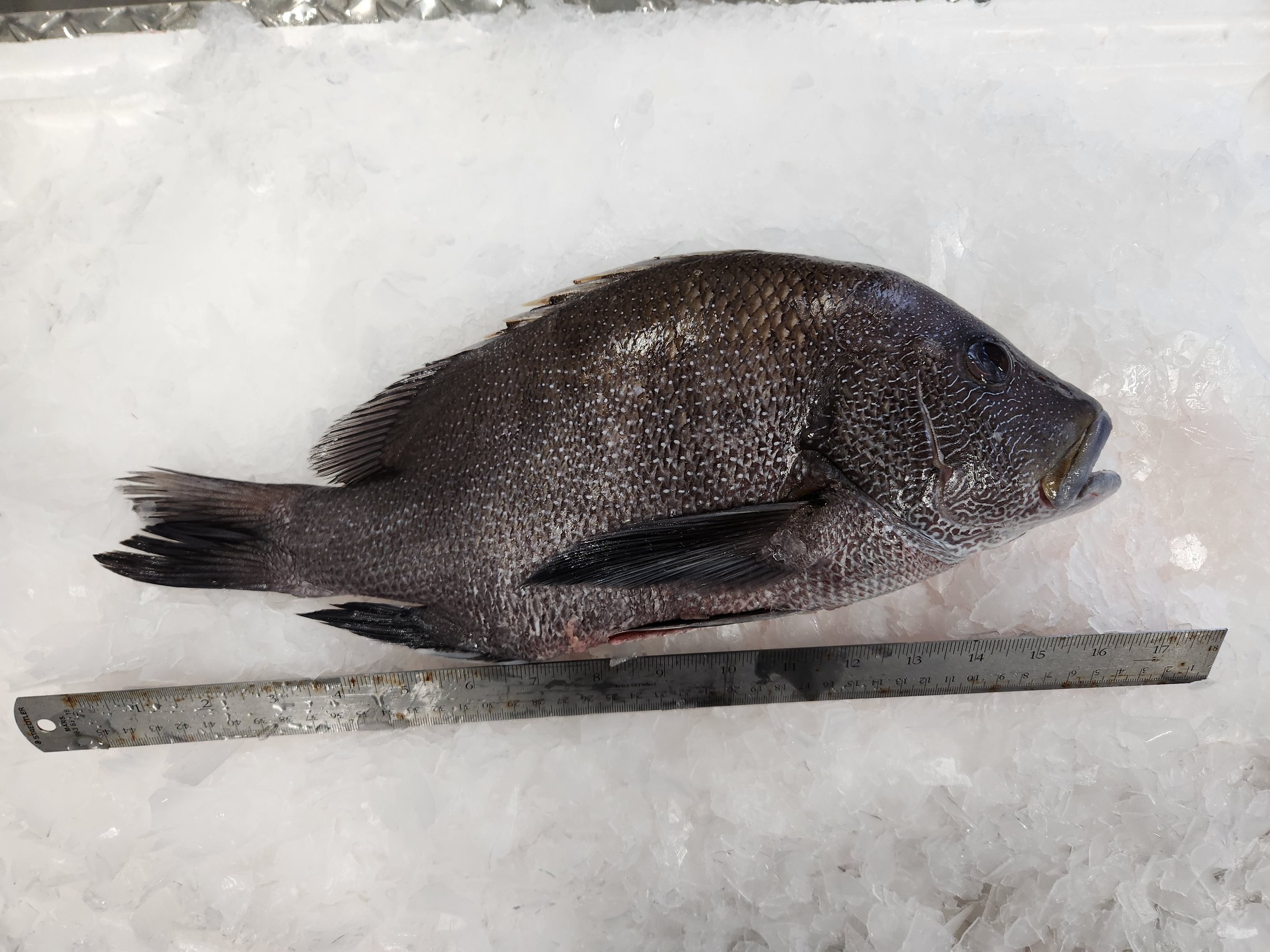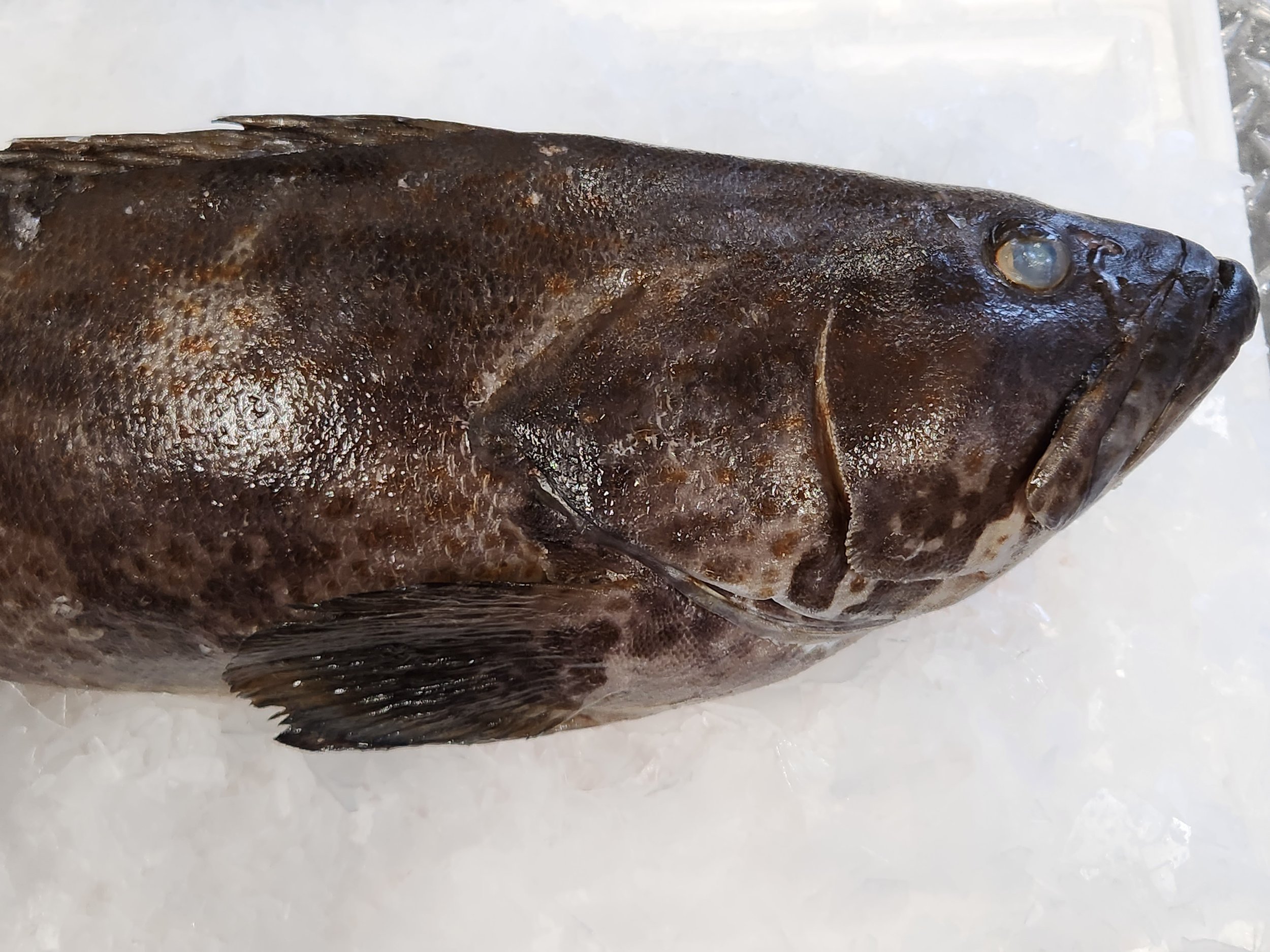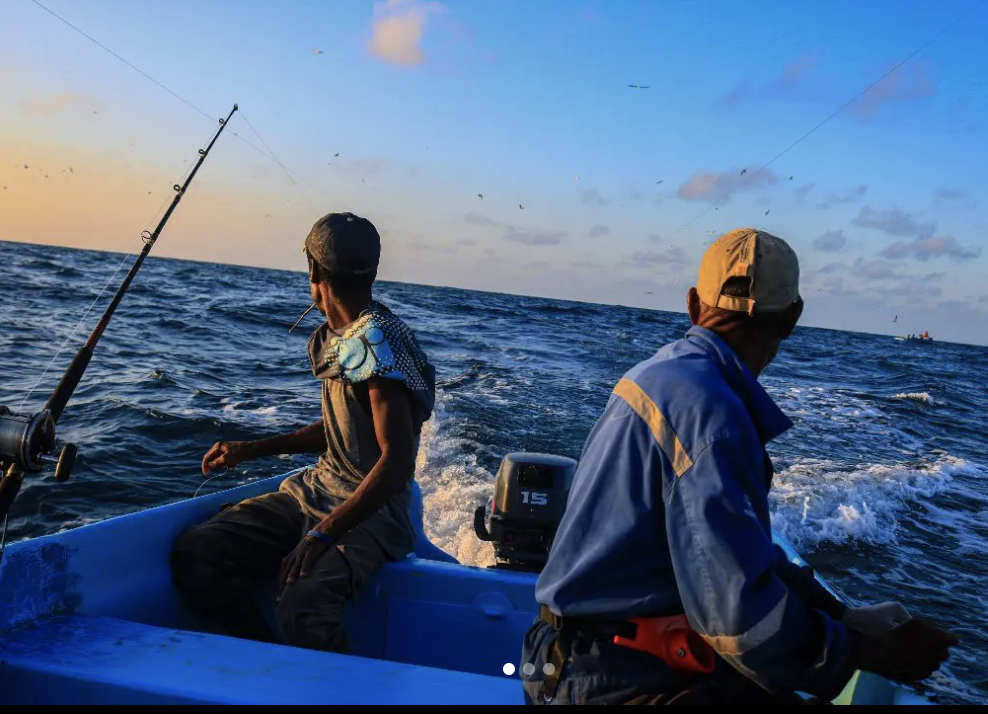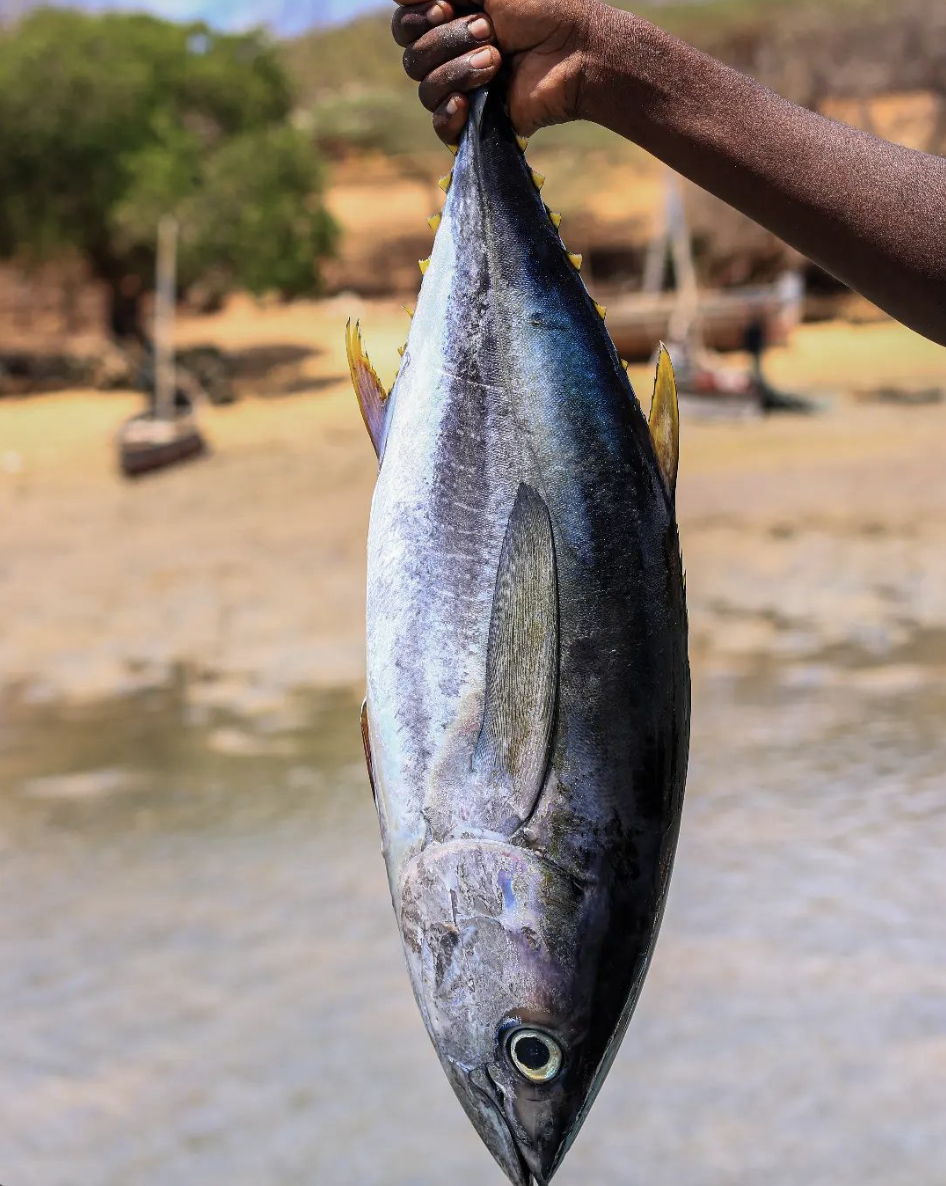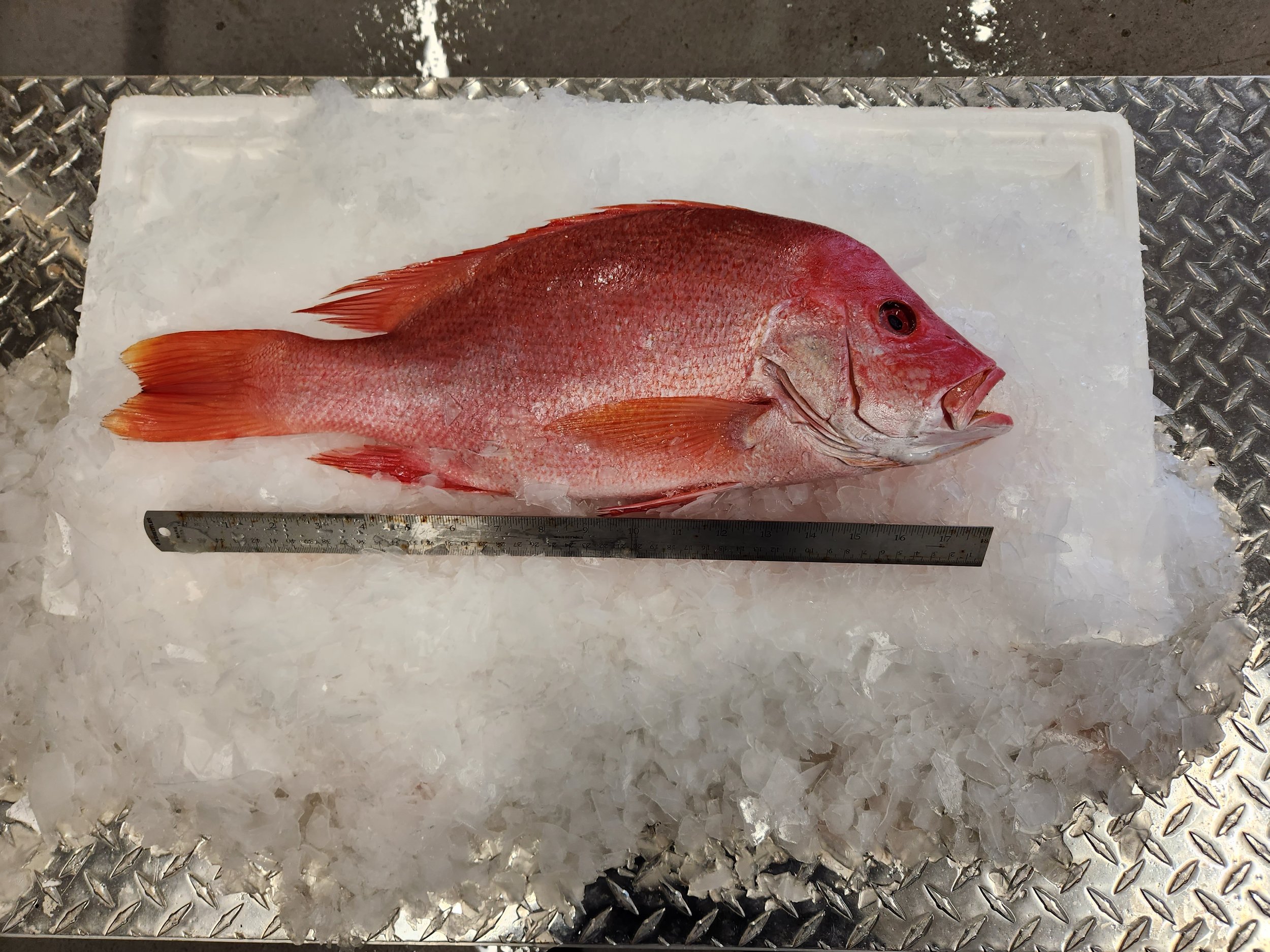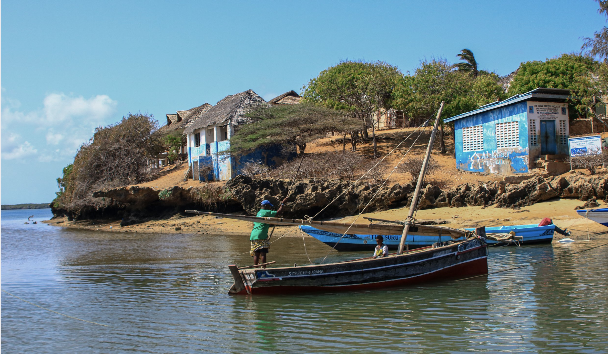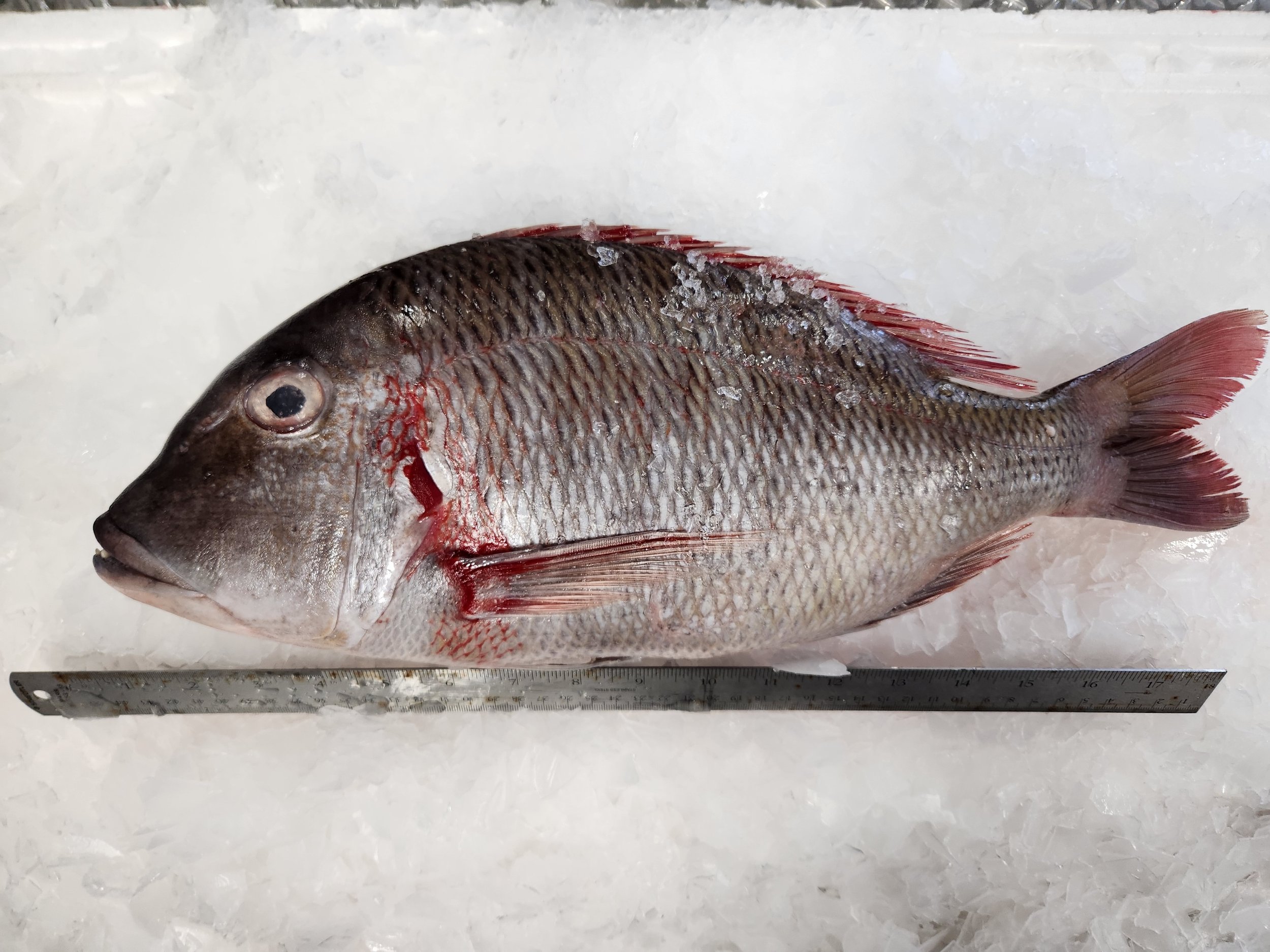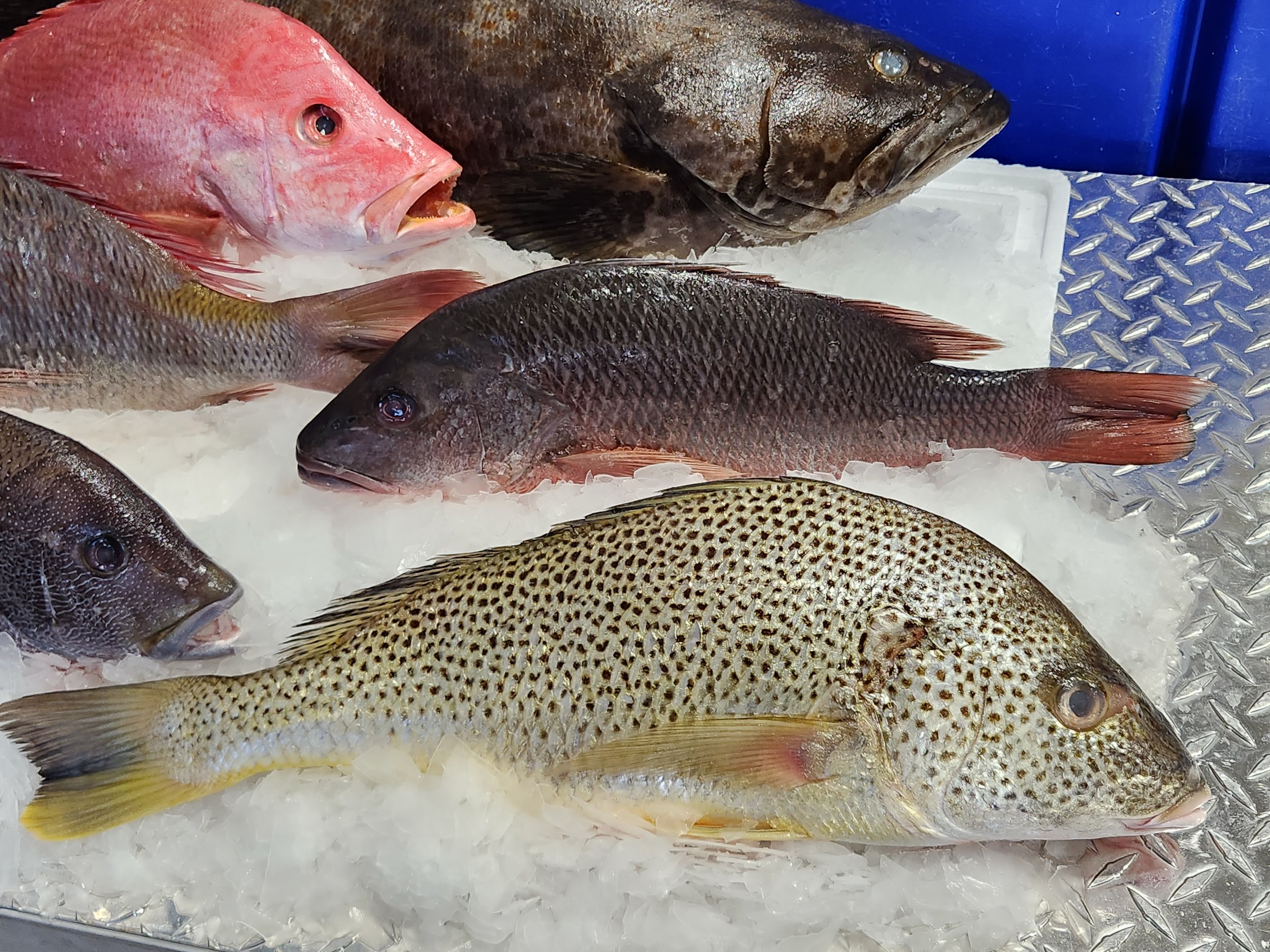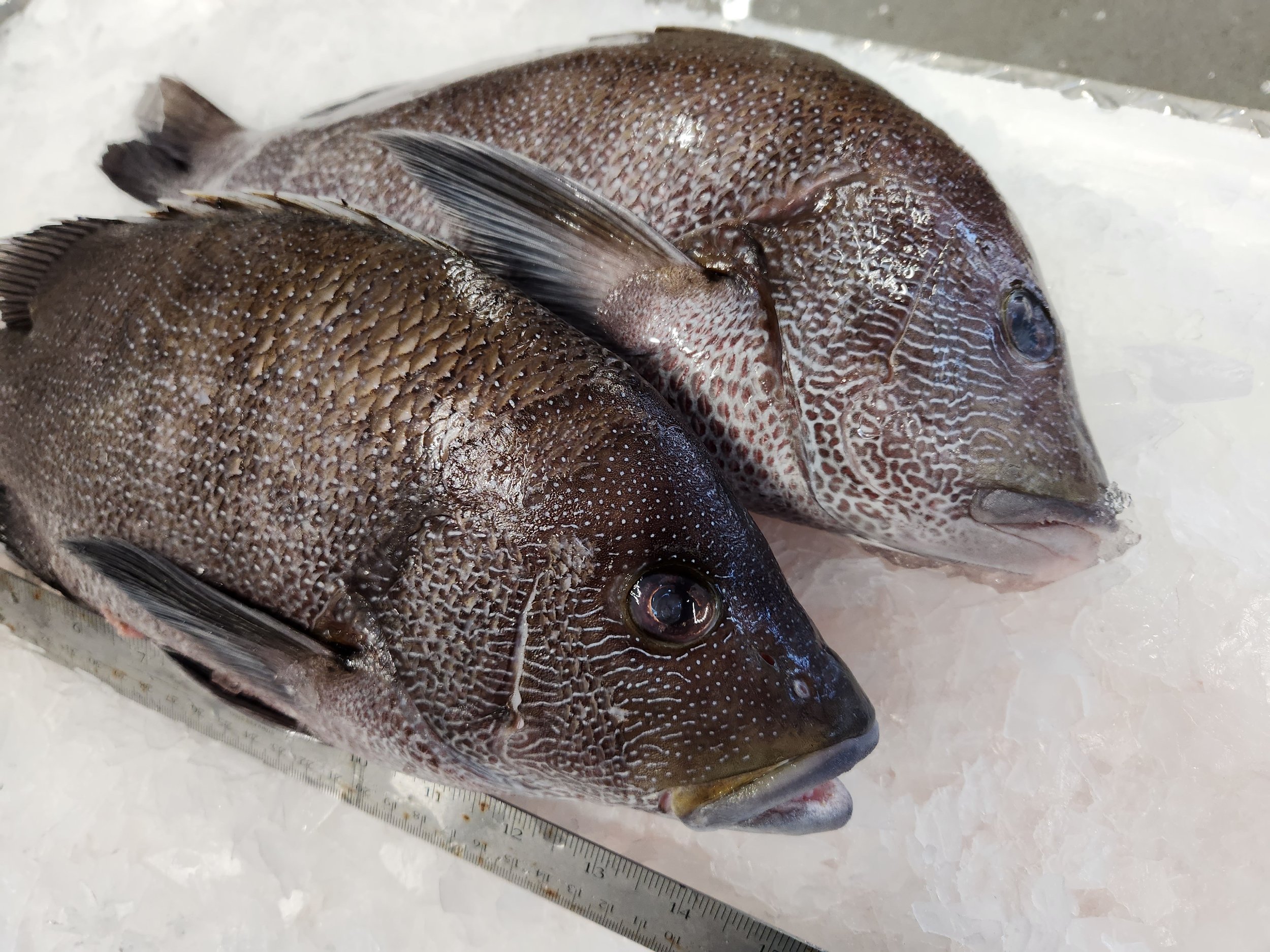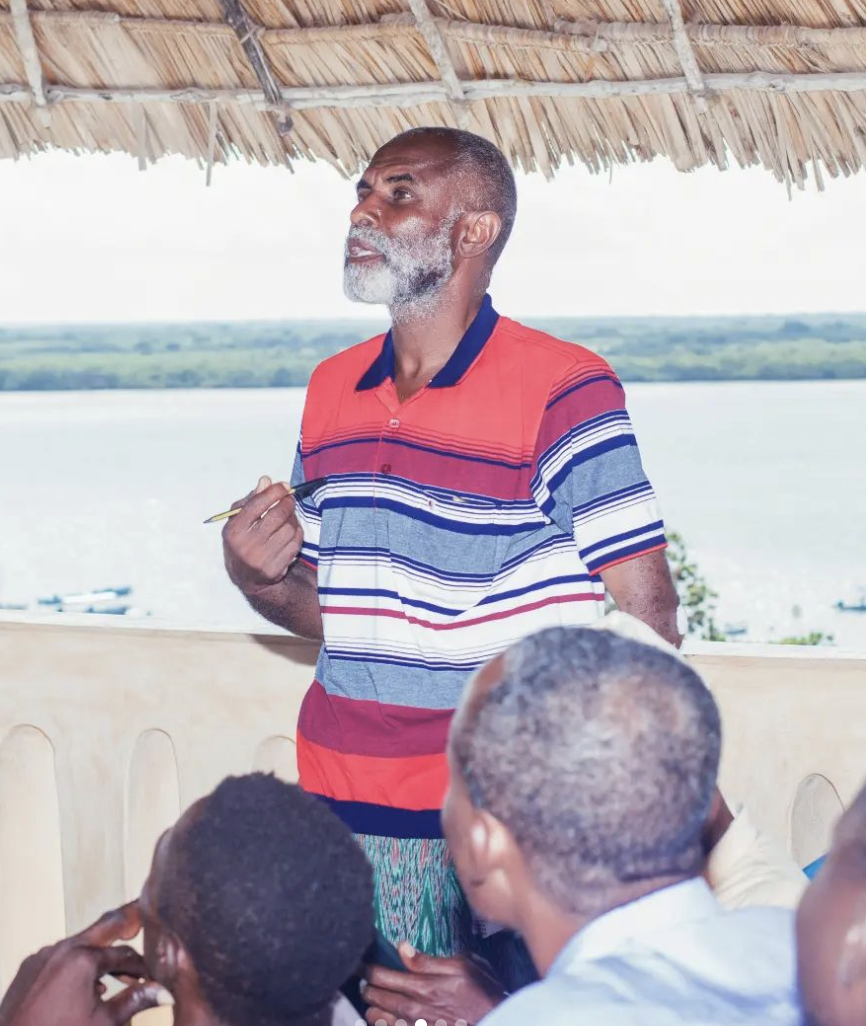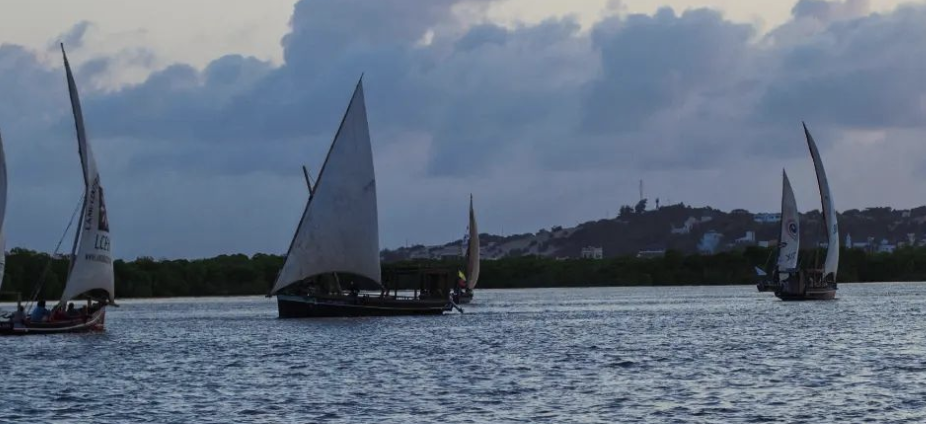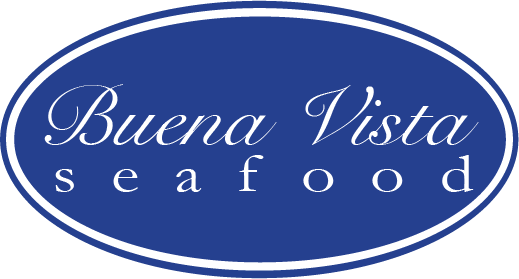Kumbatia
Snappers, Groupers, Mutton, Emperors & more from artisanal fisheries along Kenya’s Swahili Coast
Range of wild hook-and-Line fish include: Red, White and Mangrove Snappers, Groupers, Mutton and Emperors.
Market-based Conservation
Location
The gorgeous Kenyan coastline has swaying palm trees on one side and the warm Indian Ocean on the other, making it a popular tourist destination. The Kenyan coral reefs stretch from north to south, characterized by narrow fringing reefs in the south and patchy and discontinuous reefs in the north.
Tengefu
The no-take zone, locally called a tengefu (Swahili for “set aside”), was established following the decline of fish stocks by residents of Kuruwitu, an administrative area with four villages in Kilifi county. The idea was inspired by the fishing habits of their forebears, and it soon caught the attention of conservation organizations and government authorities, who encouraged other communities along the Kenyan coast to set up their own "set-asides".
Kenyan organizations are working on various reef protection and restoration projects. Part of keeping these reefs healthy includes responsible fishing practices and fishermen education.
The tengefu, or "set-aside" directly benefits the fishermen. Studies confirm fish stocks have increased; the New York-based NGO Wildlife Conservation Society (WCS) found an increase in fish biomass of up to 400% in these areas.
Tradition & Heritage - keeping the coastal communities alive
In the heart of the Kumbatia fishing region sits Lamu, a town steeped in Swahili tradition and a UNESCO world heritage site. It is the oldest East African settlement with a nearly 700-year-old history as a cultural hub for trade and maritime activity.
The Kumbatia fishing education and support goes a long way in keeping these communities and traditions alive. Core to the mission is teaching artisanal fishing communities how to manage this precious resource. Kumbatia’s unique training, financing, logistics, and market-based conservation model creates an environment and incentive structure that results in world-class seafood, improved marine conservation, and enhanced livelihoods for artisanal fishing communities.
Practically - this means Kumbatia works directly within the fishing communities to provide coolers, ice, fuel, and fisheries compliance training - all necessary gear and education to create a truly sustainable fishing community.
